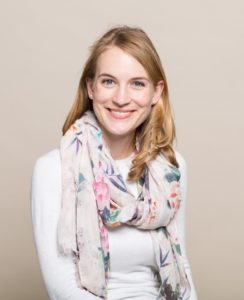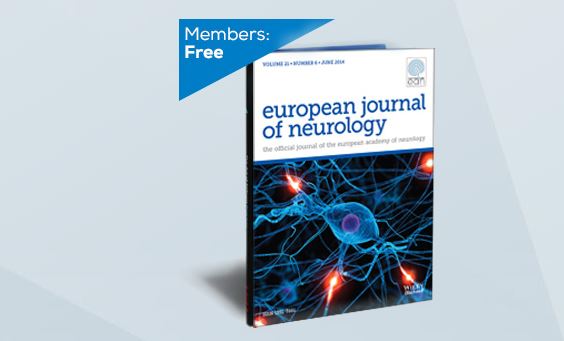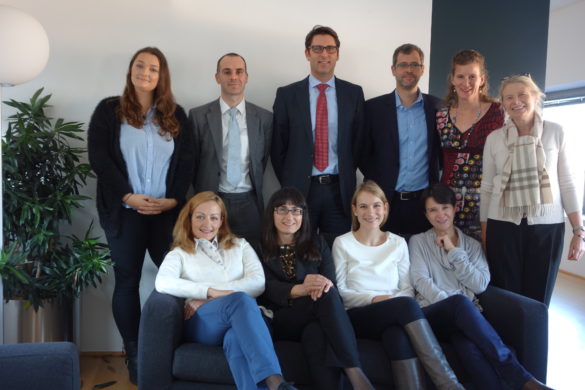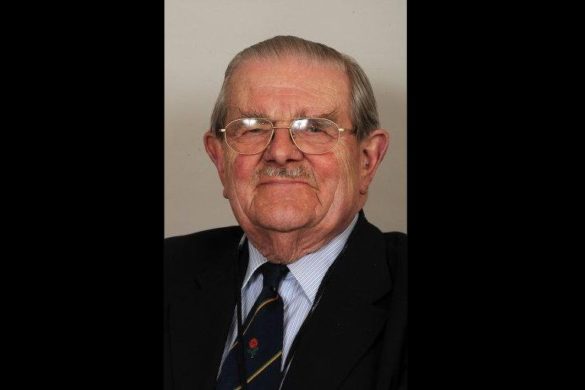On Wednesday January 18th, the working groups of the Value of Treatment (VOT) project met to update on the work done and share the outcomes achieved.
Search results for
"paper"
-
-
The European Journal of Neurology continues to attract a considerable number of original submissions, and can only publish approximately 15% of those received. Articles cover a broad range of clinical and scientific topics within neurology, but the proportion of articles on a disease area generally corresponds to its prevalence.
-
News from EAN member societies
3rd congress of the Association of Neurologists of Bosnia and Herzegovina
January 3, 2017Report by Prof Jasminka Đelilović – Vranić, President of the Organizing Committee The 3rd congress of the Association of Neurologists of BiH was held on November 3-5, 2016 in Sarajevo, Bosnia and Herzegovina. The congress brought together more than 300… Continue Reading -
Dear EAN members, dear readers, as EANpages Editor, it is my privilege to send you a few lines at the end of this 2016, which has been a very important and special year for EANpages. Together with the launch of… Continue Reading
-
 By Anna Sauerbier
Human Brain Project – 4th Annual Summit
From 12 to 15 October more than 430 participants (scientists, students, members of Partnering Projects) attended the fourth annual summit of the Human Brain… Continue Reading
By Anna Sauerbier
Human Brain Project – 4th Annual Summit
From 12 to 15 October more than 430 participants (scientists, students, members of Partnering Projects) attended the fourth annual summit of the Human Brain… Continue Reading -
Executive PageFeatured Slider
President’s Page: Treatment of neurodegenerative diseases: are we close to a breakthrough?
October 1, 2016It is a dream of neurologists to cure degenerative diseases. The big brothers, Alzheimer’s and Parkinson’s disease have always been a huge burden of the population but are now, in the millennium of increasing population age becoming a scourge of humanity. While everybody is acknowledging this, both PD (1) and AD (2) communities of clinician researchers and basic researchers are preparing to attack the problem fundamentally frequently unnoticed by the general neurology community. -
Executive PageEAN News
Treatment of neurodegenerative diseases: are we close to a breakthrough?
October 1, 2016It is a dream of neurologists to cure degenerative diseases. The big brothers, Alzheimers’ and Parkinsons’ disease have always been a huge burden of the population but are now, in the millennium of increasing population age becoming a scourge of humanity. While everybody is acknowledging this, both PD1 and AD2 communities of clinician researchers and basic researchers are preparing to attack the problem fundamentally frequently unnoticed by the general neurology community. -
 by Anna Sauerbier
Integrated healthcare: From tipping point to turning point
https://www.theparliamentmagazine.eu/articles/opinion/integrated-healthcare-tipping-point-turning-point
Scientists about Brexit
http://www.sciencebusiness.net/news/79839/Scientists-stunned-by-Brexit
Improving patients’ outcomes
http://www.ehealthnews.eu/download/white-papers/4873-improving-patient-outcomes
PharmaPoint: Bipolar Disorder – Global Drug Forecast and Market Analysis to 2024… Continue Reading
by Anna Sauerbier
Integrated healthcare: From tipping point to turning point
https://www.theparliamentmagazine.eu/articles/opinion/integrated-healthcare-tipping-point-turning-point
Scientists about Brexit
http://www.sciencebusiness.net/news/79839/Scientists-stunned-by-Brexit
Improving patients’ outcomes
http://www.ehealthnews.eu/download/white-papers/4873-improving-patient-outcomes
PharmaPoint: Bipolar Disorder – Global Drug Forecast and Market Analysis to 2024… Continue Reading -
Other News
1st Annual Conference of the Scientific Panel for Health “Better research for better health – A holistic approach to challenges & opportunities “
July 1, 2016Brussels, Belgium – 21 January 2016 The final minutes of the Scientific Panel for Health (SPH) first annual conference on “Better research for better health – A holistic approach to challenges & opportunities” have been uploaded on the SPH… Continue Reading -
The official journal of the European Academy of Neurology
-
Other News
Report from the International Resident and Fellow Roundtable at the 68th AAN Annual Meeting
June 15, 2016Martin Rakusa, Ayaz M. Khawaja* and Johann Sellner** Dept. of Neurology, University Medical Centre Maribor, Slovenia, *Dept. of Neurology, University of Alabama at Birmingham Hospital, Birmingham, AL, USA, ** Dept. of Neurology, Christian Doppler Medical Center, Paracelsus Medical University, Salzburg,… Continue Reading -
Brain HealthOther News
The day of the Brain – Brain health in an ageing population: “The ageing brain”
June 7, 2016By: Prof. Dr Mohammad Wasay MD, FRCP, FAAN Prof. Grisold Wolfgang, MD Prof Dr Steven L. Lewis The World Federation of Neurology (WFN) will celebrate the 3rd Day of the Brain on July 22nd, 2016. The day commemorates the foundation… Continue Reading -
Lord Walton of Detchant sadly passed away at the age of 93 years. He was one of the leading figures of International and European Neurology and we will keep his memory.
-
Interviews
Interview with Prof. B. Schoser & Prof. A. Toscano incoming co-chairs of the EAN Scientific Panel “Muscle and NMJ disorders”
May 4, 2016Elena Moro (EM): As incoming co-chair of the Scientific Panel “Muscle and NMJ disorders” can you briefly introduce yourself and your specific field of expertise to the EANpages readers. Benedikt Schoser has more than 20 years’ experience as a neurologist and myopathologist in a variety of areas of neuromuscular disorders, including myopathological, structural, biochemical and molecular genetic muscle research, and clinical trials. -
Are you interested to take actively part in the educational activities of EAN? Are you keen to improve your skills on writing educational questions linked to EJN papers? If so, why not consider to apply to become a member of… Continue Reading





